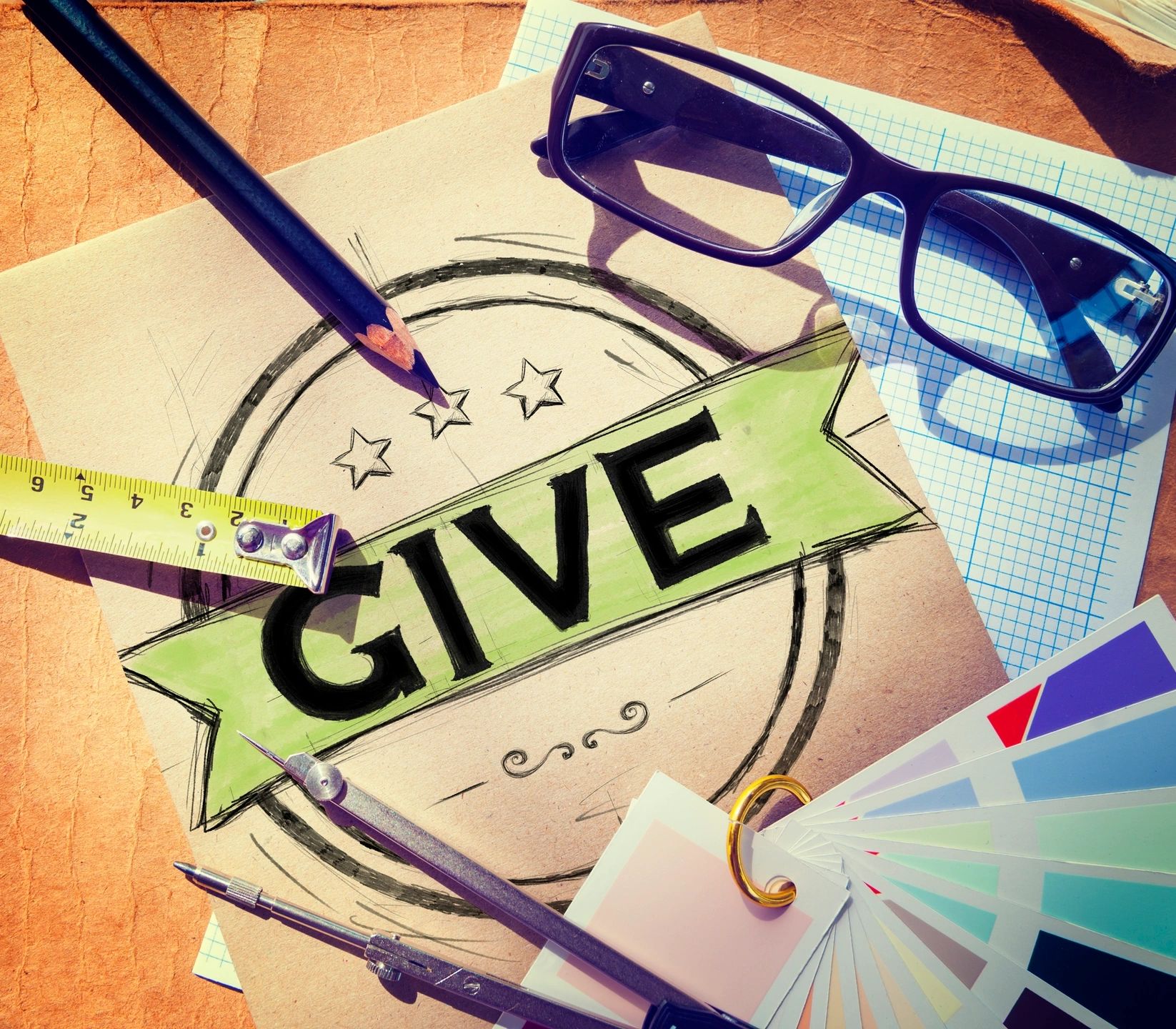About Grants
A word of caution. Grants may not always be the best source of funding for your library program. Grants require a good deal of work – time crafting a compelling and competitive narrative, research potential funders whose focus aligns with your program, and if you are lucky enough to receive a grant, you will have to file a final report. Often the final report will include a financial report, your qualitative and quantitative metrics and a narrative describing the program’s impact. Most grants are not multi-year, meaning you will have to re-apply to be considered for continued funding.
However, there is a great deal of satisfaction when you do receive a grant. And the work you do to prepare can be used in your annual appeal solicitation, your #LIBRAYYGIVINGDAY, and sponsorships.
If you are going to apply for a grant – be sure to follow the tips below. If you can, see if you can approach the program officer at the Foundation to discuss your request – but do this well before submission deadline. If the Foundation offers an informational webinar be sure to sign up for it. This is where you can find clarification on their funding focus and the criteria on which your grant will be judged. Remember you need to be well equipped to stand out in the crowd.
The Basics:
Most grants will require that you answer these basic questions.
- Written description of the program, activity or project.
- Who will be carrying out the program? Staff, outside consultant?
- Who is the targeted audience, what problem or community need are you addressing?
- How long is the program? Will it be over several weeks? Yearlong?
- What are the main goals of the program?
- How will you measure success?
- How will you sustain the program, or is this a one-time only program?
- Estimate your budget for carrying out the program. Think of everything you will need to carry out the program.
- Do your research!
You will also need to attach a number of documents these may include your library, Friends or Foundation 501c 3 document, a list of board members, most recent audited financial statement, and a narrative about your library’s general activities, mission and vision statement.
Here are some resources to check out. More can be found on the Resource Tab.
GrantStation provides access to a searchable database of private grantmakers that accept inquiries and proposals from a variety of organizations; federal deadlines; links to state funding agencies; and a growing database of international grantmakers. In addition, GrantStation publishes two newsletters highlighting upcoming funding opportunities, the weekly GrantStation Insider, which focuses on opportunities for U.S. nonprofit organizations, and the monthly GrantStation International Insider, which focuses on international funding opportunities. There are also many webinars and OnDemand videos to guide you through the process. A subscription to grantstation.com is included with a Chronical of Philanthropy subscription.
Candid: http://Candid.org (GuideStar and Foundation Center merged in 2019). Candid supports nonprofits with information, resources, training, and data to find funding opportunities, determine which funders are most likely to support their work, and become more visible to donors. Check out their extensive nonprofit training, free webinars and self-paced on demand videos. There are also great examples of funded proposals and templates you can use. You will need to create an account – but it is free!
White Plains Public Library and Yonkers Riverfront Library are satellite resource centers for the Foundation Center. In addition to print resources related to corporate, foundation and individual giving, their excellent searchable database is available for public use on site.
Other Resources: Writing for a Good Cause – The Complete Guide to Crafting Proposals and Other Persuasive Pieces for Nonprofits. Joseph Barbato and Danielle S. Furlich
Winning Grants Step by Step – Mim Carlson, Support Center of America
The NY/ NJ Common Application Form is a good place to start if you have never written a grant. Every grant application is different, but this gives you a general idea of the questions a funder will ask you and can help you prepare. Many funders use an online grant portal that requires you to create an account; often there are character or word limitations. If a funder offers a tutorial or application webinar – be sure to sign up for it. This can give you clarity on the funder’s focus area and what outcomes they are looking for. NY_NJ Common Application Form – Word

